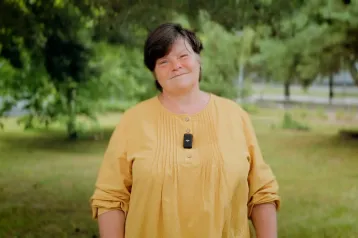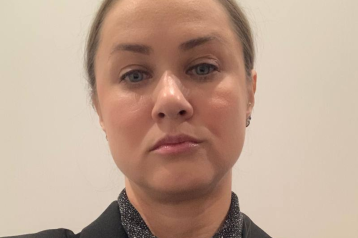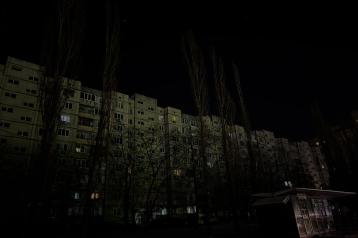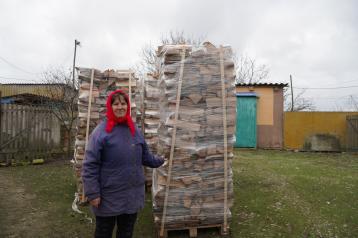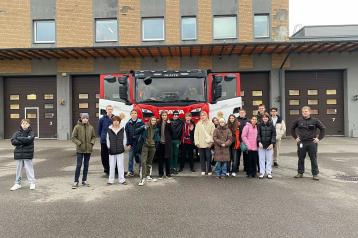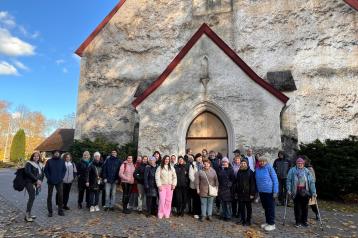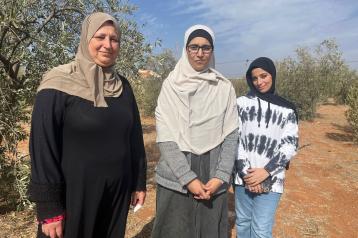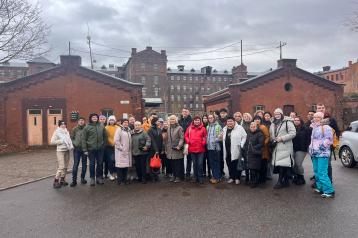Countries
“When I found out I had received the funding, it gave me a real boost. It renewed my motivation to keep going with beekeeping,” says Yevhen, a lifelong beekeeper from Kharkiv region, Ukraine. For 36 years, beekeeping has been more than just a livelihood for Yevhen—it’s been a way of life. But when war came, everything changed.
Yevhen used to take his hives into the forest along the Dinets River, closer to the wild honey plants. That land is now scarred by war. Although some fields have been cleared of explosives, the forest groves—his usual spot—remain dangerous and off-limits. “It’s simply too risky now,” he says.
Even before the war, beekeeping had its ups and downs. Some seasons brought an abundance of honey; others, not so much. Yevhen vividly remembers his very first harvest: 10 liters of honey, collected with his wife on their old motorcycle. “We thought we’d never be able to eat it all,” he smiles. “It was such a joy.”
In recent years, Yevhen has mostly sold honey wholesale to resellers. But beekeeping is physically demanding, and with age, the work has become increasingly difficult. Lifting heavy hives, extracting honey by hand, and processing wax took a toll on his body. Still, the cost of new equipment was simply out of reach.
That changed when Yevhen applied for support through the Emergency Livelihoods Programme, implemented by the Estonian Refugee Council and funded by the European Union. He received a grant of 26,000 hryvnias (around 580 euros), which he used to buy a beehive lifter, an electric honey extractor, and a wax melter.
“I never had equipment like this before,” Yevhen explains. “I used to carry everything by hand. My back, arms, and legs suffered. Now, this equipment is a real gamechanger.”
The support has given him more than just tools—it’s given him hope. Like many older Ukrainians, Yevhen cannot survive on his pension alone. Beekeeping helps bridge that gap.
“Without beekeeping, I’d have nothing,” he says. “I’m deeply grateful to the Estonian Refugee Council for supporting me and other beekeepers. It means a great deal to us. It’s helped us more than words can say.”
